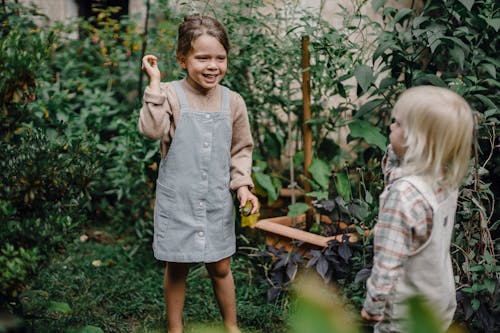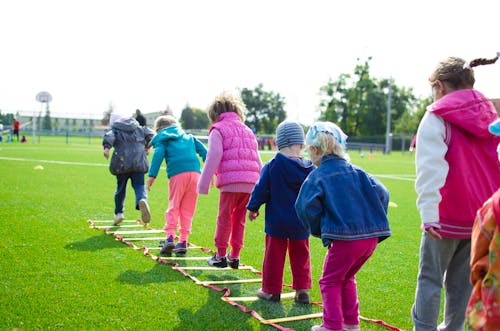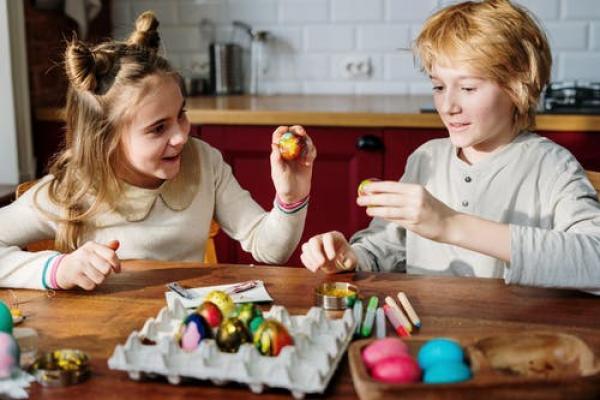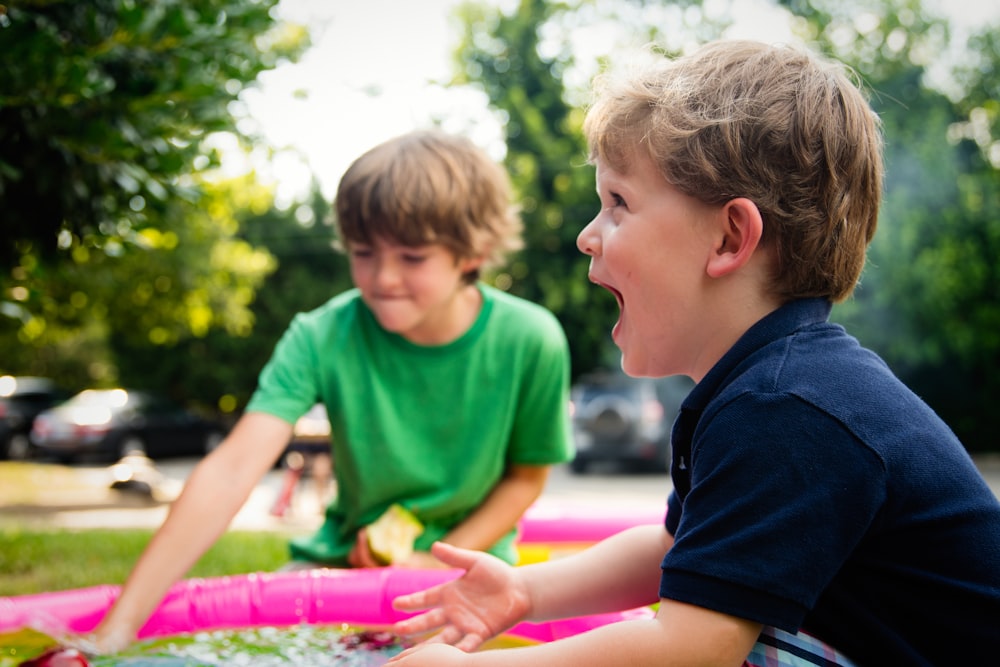A little sibling rivalry and bickering is perfectly normal. We’ve all been there. Your sister’s taken your favourite top one time too many. Your brother won’t stop distracting you and making noise when he knows you’re trying to work on something.
But when we see our kids having these same squabbles – and frankly they seem to fighting way more than you and your siblings ever did – then it starts to get a little worrying. How much fighting is too much fighting? Lately they don’t seem to even be able to be in the same room without a fight breaking out within minutes and it’s always over small things that end up escalating. We don't expect them to be best friends all the time, but how can we have them work together and minimise the fighting?
Supernanny, Jo Frost, gives her tips and tricks to de-escalate these fights and help your children work on their relationship with their siblings – without even realising it!
Shared Play is a technique that encourages teamwork by giving children a common goal to work together towards. It works especially well in slightly larger families where children are close in age and are constantly bickering.
Bringing games into the equation immediately makes it an activity, rather than a stern talking to, meaning your children avoid feeling defensive and instead go into a more communicative role to benefit themselves and each other by winning or reaching the shared goal. This can build teamwork skills and communication skills, which will benefit them in school and social settings, as well as at home.
Try to find a game that will work well within the age group that your children fall into (See suggestions below). It is key that the game has a common goal, but no clear winner or loser. Next, explain the rules, clearly and simply to them, emphasising the teamwork element and how it is the key to achieving their goal.
Try to avoid any games that need leaders, but if yours does, make sure to give the leader role to a quieter, less dominant sibling. As the game is played, make sure to monitor that everyone is taking a turn and playing their part and remind them of the importance of teamwork if squabbles begin to erupt. When they work together, make sure to praise those actions and encourage them!
Games that might work are...
Treasure Hunt

Try to have a clue for each sibling, either something that they have an interest in or that is their level. That way, they’ll feel more involved and have to rely on each other for answers. It also takes the competitive element out as they’re all on the same team.
Obstacle course

This one is super simple to set up in the garden. Hula hoops, chairs, hopscotch, footballs – whatever you have available can be used in a creative way to make up the course. But have them all complete it as part of one team while timing them. This way, they all work together to beat their time with each team rotation.
Trust games

This one is fairly self-explanatory and can even be turned into a variation of the obstacle course. If one child is blindfolded, have the others guide him or her around a simplified obstacle course and vice versa. They’ll have to trust each other and work together to achieve this common goal.
Team games – kids vs parents

This can be achieved via most board games or card games going. Their common goal is to beat you and your partner, whether that’s in Pictionary, 5 second rule or whatever other games you have in your cupboard.
Musical Statues

By dancing and being silly, the kids let their guards down around each other, as everyone is in the same boat. This leads to bonding and shared trust in the family home as a safe space. Again, there’s no winners or losers and it’s a fairly uncompetitive game so that eliminates the rivalry element and amps up the bonding element.
Jigsaws

This is one for the rainy days. A great activity for brain development, it can also transfer over to teamwork skills when you set the challenge to two kids. It’s slow, uncompetitive and allows for bonding through patience, sharing and shared goals. And while there are also no winners to this one, it does bring it’s own sense of achievement that can allow for bonding.






